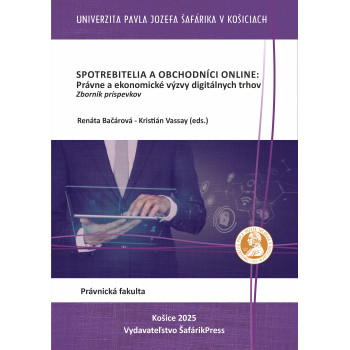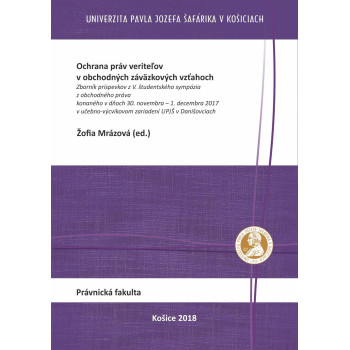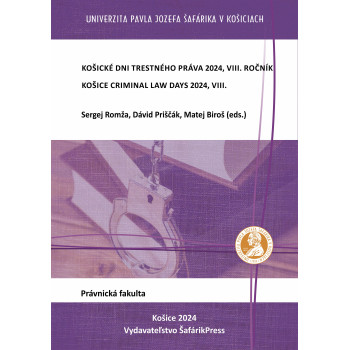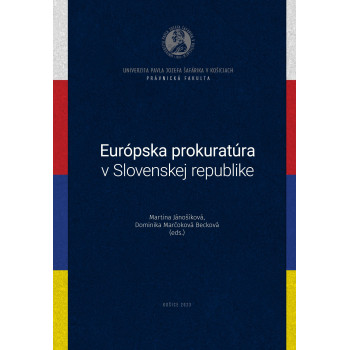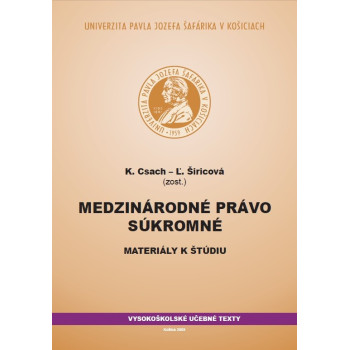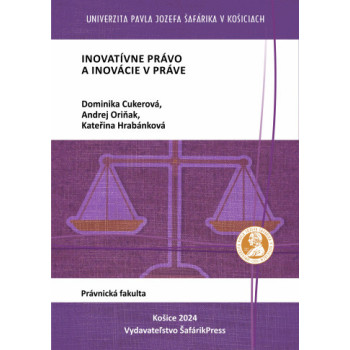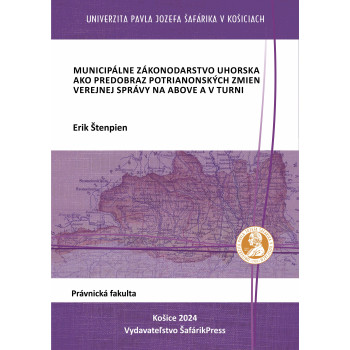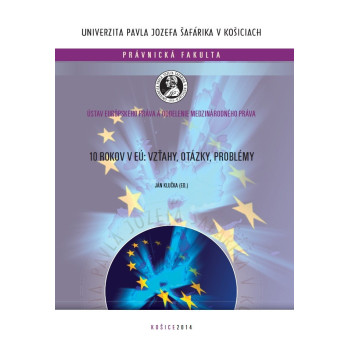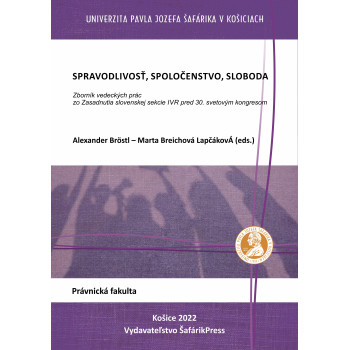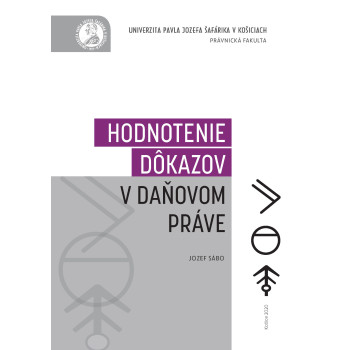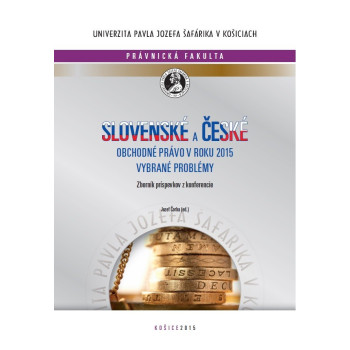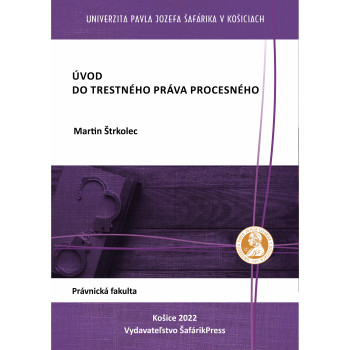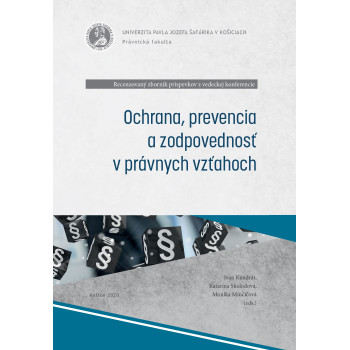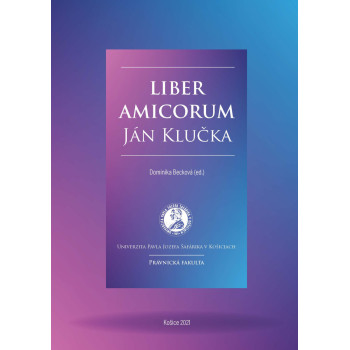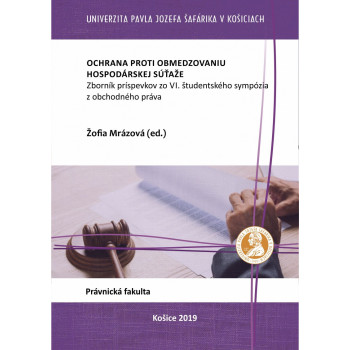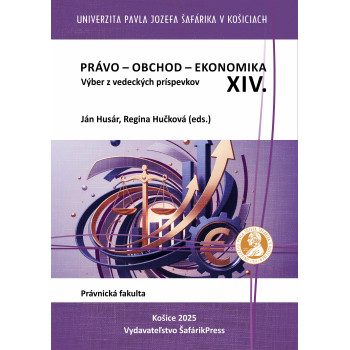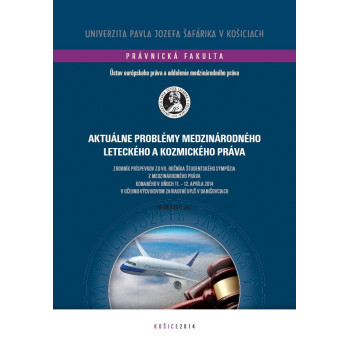
Spotrebitelia a obchodníci online: právne a...
E-book
Renáta Bačárová, Kristián Vassay (eds.)
The proceedings Consumers and Traders Online: Legal and Economic Challenges of Digital Markets present a collection of scientific studies addressing contemporary issues of digital market functioning within the European Union. The contributions analyse legal, economic and technological dimensions of digital services, particularly in the context of the VEGA project 1/0431/23 focused on the conflict of interests between consumers and traders in the delivery of digital content and services. The studies highlight the dynamic growth of the digital economy, bringing new regulatory challenges, issues of data protection and enforcement of consumer rights. The authors examine topics such as geographical indications in the digital environment, the use of artificial intelligence in public enforcement, fintech regulation, liability for damages, and the impacts of the Digital Services Act (DSA) and the Digital Markets Act (DMA). The proceedings also expose increasing fragmentation of responsibility across digital actors and emphasise the need for a harmonised EU regulatory framework. Further attention is given to evolving consumer behaviour, cybersecurity risks, deepfake technologies, the functioning of online marketplaces and digital payment systems. A significant part of the analysis addresses the role of major online platforms, their obligations and influence on transparency in digital markets. The publication offers an interdisciplinary perspective combining law, economics and technology, representing an important contribution to the discourse on modern consumer protection in the digital era.



